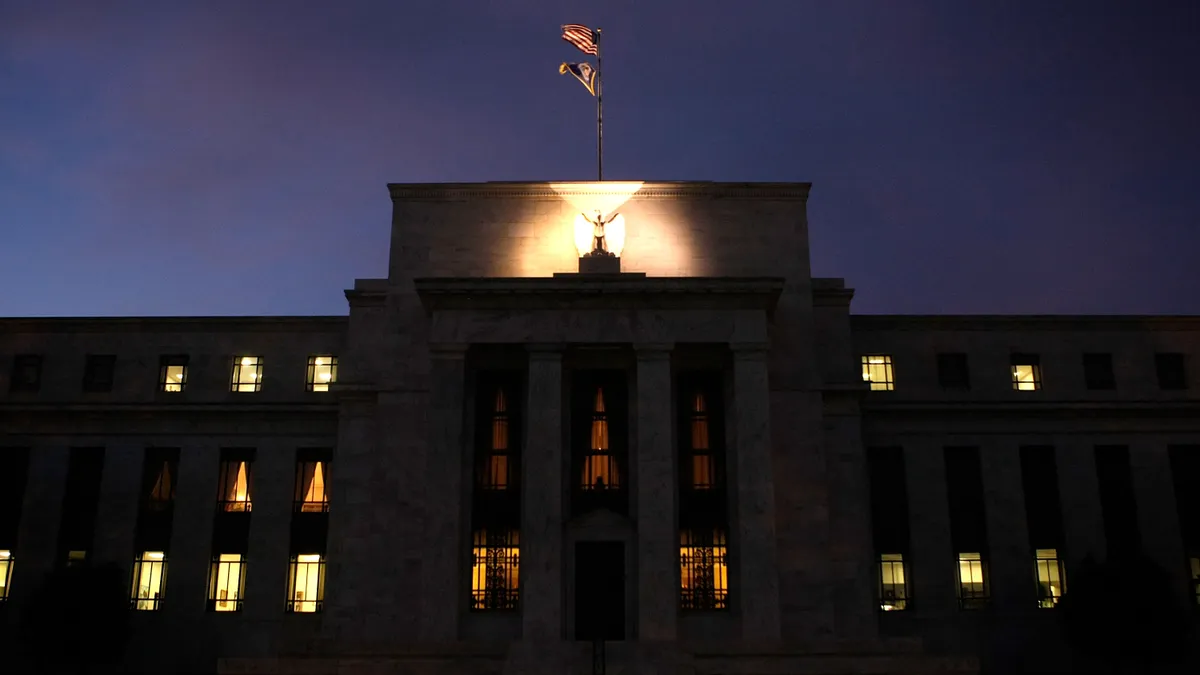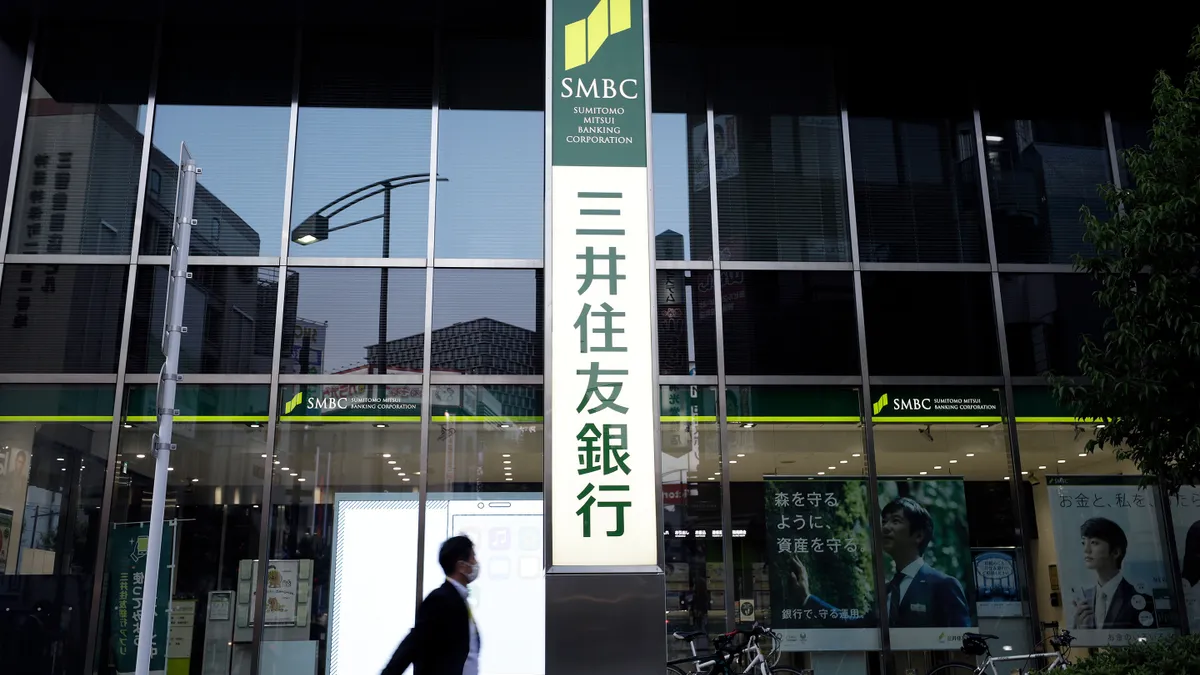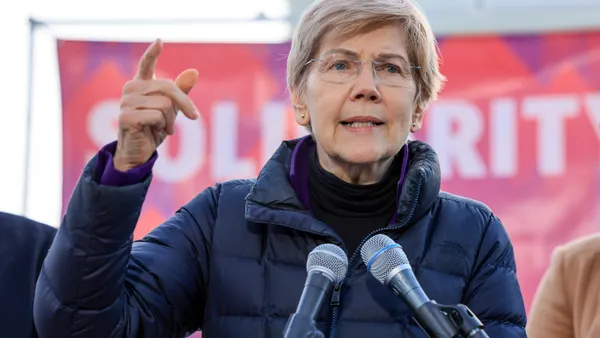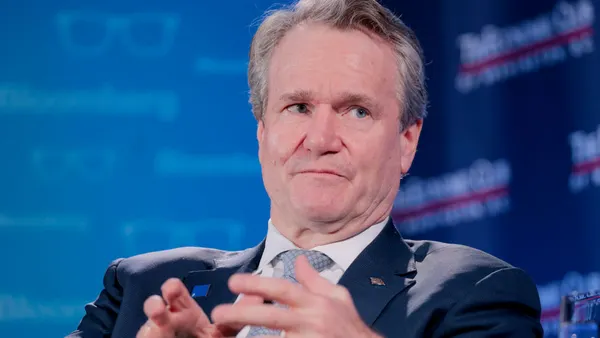A year of aggressive rate increases by the Federal Reserve hasn’t made for “much progress” in cutting inflation, and Federal Reserve Gov. Christopher Waller said monetary policy needs to be further tightened to make that happen.
“Whether you measure inflation using the [consumer prrice index] or the Fed's preferred measure of personal consumption expenditures, it is still much too high and so my job is not done,” he said Friday at an event at the Graybar National Training Conference in San Antonio.
Despite a “slowing in housing costs,” markers of underlying inflation have “basically moved sideways with no apparent downward movement,” remaining high above the Fed’s 2% inflation target.
While it’s unclear how much recent stress on the banking system will affect economic activity, Waller said the Fed’s most recent decision to raise rates has “been validated.”
"Monetary policy needs to be tightened further. How much further will depend on incoming data on inflation, the real economy, and the extent of tightening credit conditions," he said.
Waller’s comments imply the likelihood of another interest rate increase at the next Federal Open Market Committee, which is slated for May. But he’s open to adjusting his stance based on “what we learn about the economy, including about lending conditions,” he said.
Addressing the recent failures of Silicon Valley Bank and Signature Bank, Waller noted that neither bank was systemically important but that rescuing them was important to stem an emerging crisis of confidence.
“A bank run that undermines confidence in other banks is the most fundamental risk to the financial system, and the Fed, serving as the lender of last resort, was created in part to prevent such a development ... If depositors are confident that they will be able to withdraw their funds, then a bank run will stop or never start in the first place,” he shared.
“Last month, that confidence was fractured when the failures of SVB and Signature Bank raised the possibility that uninsured depositors could take significant losses. As fear of taking those losses spread to uninsured depositors at healthy institutions, it became imperative for the Federal Reserve, along with other regulators, to act,” he said.
Waller said the emergency steps taken by the central bank following those failures “appear to have been successful in providing stability to the banking system.”













